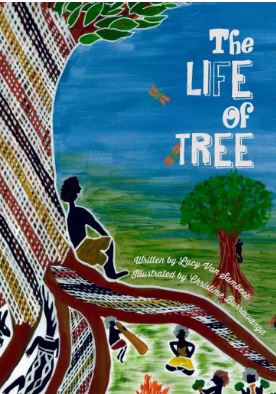

Though no one recognizes it at first, the series of new killings that begin in Money soon after are callbacks to the murder of Emmett Till. Like it say in the good book, what goes around comes around." About the lie I told all them years back on that nigger boy." Six decades later Bryant at least partially recanted her claim. A month later his killers were acquitted. Fourteen-year old Emmett, a Chicago teen visiting relatives for the summer, was accused of whistling at, flirting with, grabbing and or maybe just touching the hand of a married white woman named Carolyn Bryant. It's a grimly familiar topic, the United States' most infamous lynching, an atrocity whose viciousness - coupled with its coverage in the Black press - galvanized activists and shocked much of the nation.


The narrative hinges on a series of confounding and gruesome murders in the town of Money, Mississippi, site of the 1955 murder of Emmett Till. An incendiary device you don't want to put down. It's a racial allegory grounded in history, shrouded in mystery, and dripping with blood. Percival Everett's new novel The Trees hits just the right mark. That can be powerful, but it can also very easily miss its target. Editor's note: This review uses repeated quotations from the book that contain racial slurs.Īt a certain point, dark social satire bleeds into horror.


 0 kommentar(er)
0 kommentar(er)
